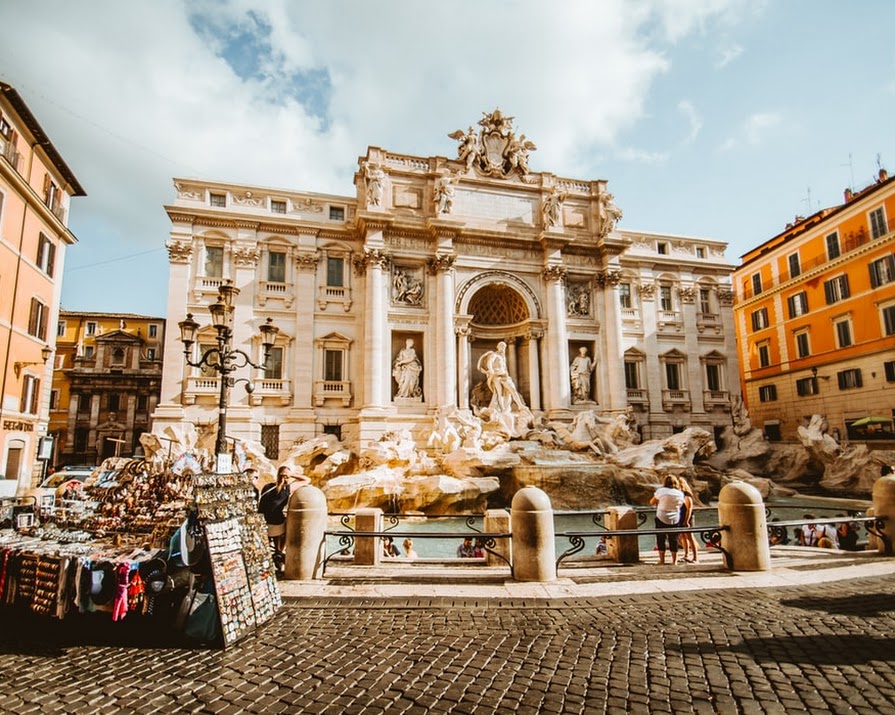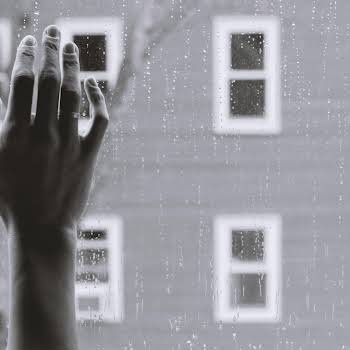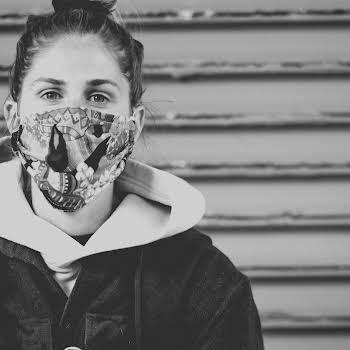
Italy lockdown: what you can and can’t do when your country is restricted by coronavirus
By Erin Lindsay
11th Mar 2020
11th Mar 2020
With Italy in unprecedented territory in a country-wide lockdown, we look at what Italian residents can and can’t do under the restrictions.
Coronavirus has put the entire country of Italy into an effective lockdown, in order to halt the spread of the virus. Yesterday saw the highest single-day death toll that Italy has experienced since the beginning of the outbreak, with 168 people dying in 24 hours.
The Italian government, in an effort to prevent further spread of Covid19, has issued country-wide restrictions on residents.
Here in Ireland, Aer Lingus and Ryanair have suspended flights to Italy until next month as a result of the restrictions, while the Irish government is taking measures against our own spread of the virus, including cancelling many mass events, like the St. Patrick’s Day parade in Dublin.
For those living in Italy, the restrictions are strict, but do allow some movement – not everyone is isolated to their homes. Here are the guidelines, according to the Italian government:
Movement
The Italian government advises all residents to avoid leaving the house as much as possible. However, going to work is still permitted (although they advise working from home if possible).
Residents can go to work but they must provide self-declaration documents to prove their employment, which they can get from state and local police forces, which may be checked when they travel outside. Self-employed people can also obtain these documents.
There is an absolute ban on leaving the house for anyone who has tested positive for the virus. If someone is experiencing symptoms, they are advised to stay home, and ring their GP, avoiding contact with others.
Residents are allowed to leave the house to buy groceries and other necessary goods (like lightbulbs etc.). The government advises against ‘panic buying’, saying that there is no need to rush and buy food all at once, as access to it will always be granted.
Residents are also allowed, and encouraged, to visit elderly relatives and check on their health.
Transport
Residents are allowed to use buses, taxis and trains to get to and from work, again, as long as they have the relevant documentation.
There are currently no restrictions on the transport of goods, as it is considered a working need. Freight couriers can still operate.
Recreational activities
Parks and public gardens will remain open for exercise, but the government advises avoiding any activity in a group, and maintain a distance of one metre between people.
Bars and restaurants are open from 6am to 6pm every day. Home delivery of food is allowed after 6pm.
Beauty salons, hairdressers and barbers are still open, but only on an appointment basis, and workers must wear gloves and masks.
Schools and universities
Schools and universities are all closed until April 3.
It is possible to carry out lessons and exam sessions and graduations at university level via remote channels.
Research and laboratory work is still permitted, provided they are done in compliance with hygiene measures.
Big events
Sporting events and any other organized event are suspended in Italy. Theatres, museums, discos, cinemas and other public places are closed.
Until April 3, all religious gatherings, including weddings and funerals, are suspended. Places of worship are still open to visit, but are not allowed to host group gatherings and have to ensure a distance of one meter between attendees.
Read more: Coronavirus Diaries: The 28-year-old graphic designer from Dublin who’s living in self-isolation
Read more: Italy lockdown: Here’s what to do if you’re worried about your holiday plans this summer
Read more: Coronavirus: We asked an Irish immunologist about the best and worst case scenario























